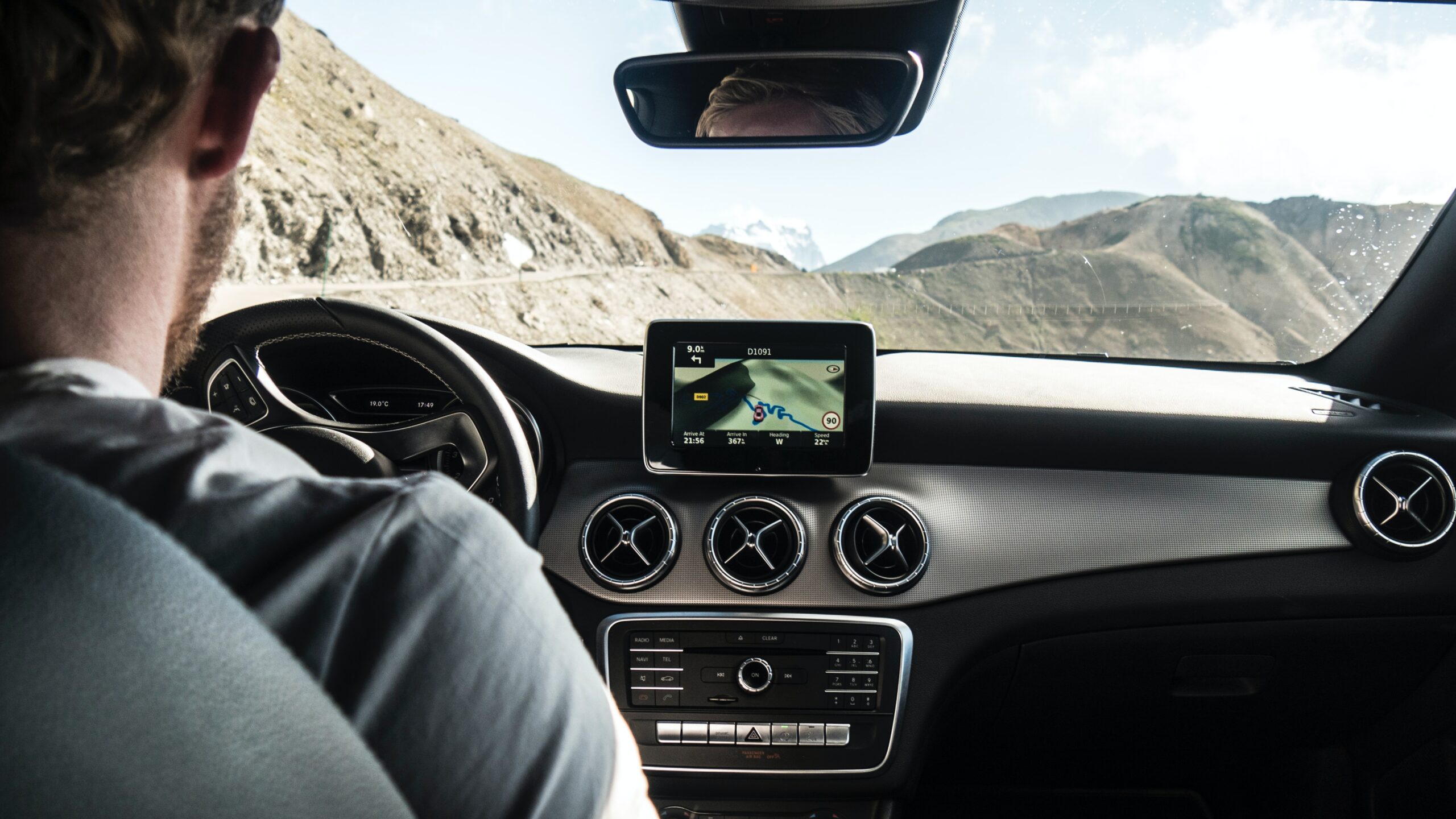TomTom, one of the first innovators of GPS technology, has made a bold move by partnering with Microsoft to develop a state-of-the-art AI-powered conversational assistant for vehicles.
This technology aims to transform the driving experience by offering a “fully integrated” system that allows for sophisticated voice interactions.
This initiative isn’t the first of its kind in attempting to integrate a large language model (LLM) into a vehicle’s system. Earlier in June, Mercedes experimented with a three-month beta program that incorporated ChatGPT models into select vehicles.
TomTom’s press release says, “Drivers can converse naturally with their vehicle and ask the AI-powered assistant to navigate to a certain location, find specific stops along their route, and vocally control onboard systems to, for instance, turn up the temperature, open windows, or change radio stations.”
TomTom’s partnership with Microsoft dates back to 2016, when they began powering Azure Maps location services.
This new and improved natural conversational interface will enable users to navigate, find stops along their journey, control various onboard systems, and perform a plethora of other functions while driving.
The technology behind this assistant combines the prowess of OpenAI’s LMMs with Microsoft’s cloud and AI services.
TomTom assures that this voice assistant will be compatible with a variety of interfaces from major automobile manufacturers.
Importantly, they highlight that automotive companies will retain their unique branding, suggesting this technology will work across different car brands. TomTom hasn’t yet announced specific partnerships but plans to unveil more details about this AI at the Consumer Electronics Show (CES) in January.
The system will also be extensible and modular, offering a flexible platform that vehicle brands can expand as AI technology evolves.
Besides genuine practical uses, whether developers intend it or not, users will find funny and novel uses for these AI-embedded in-car systems.
For instance, one user asked the Mercedes chatbot for “shark jokes,” to which it responded, “Why don’t sharks live on land? Because they can’t walk.”
Well, at least ChatGPT’s bad jokes might get a few cheap laughs when you’re next in traffic.





